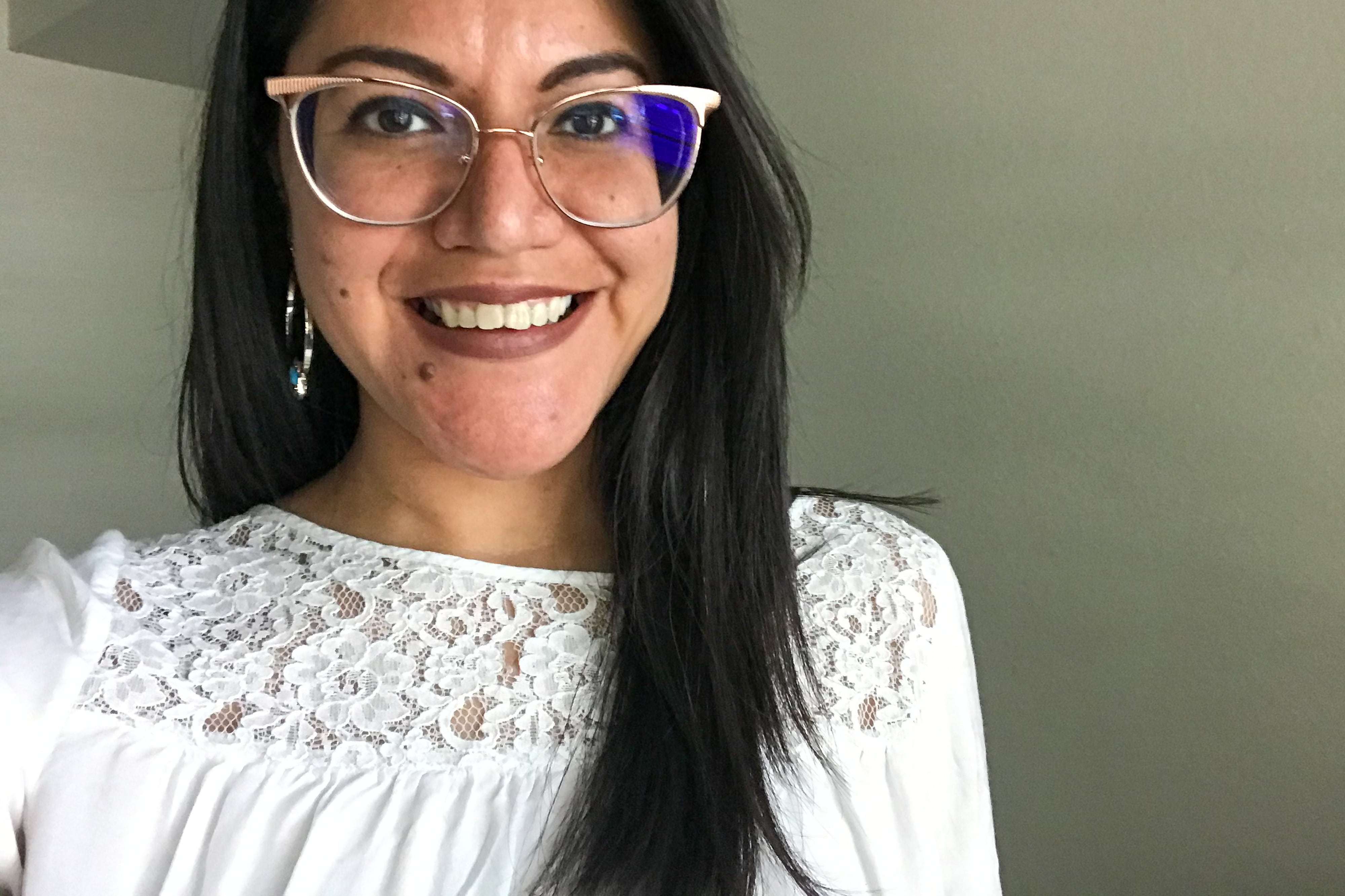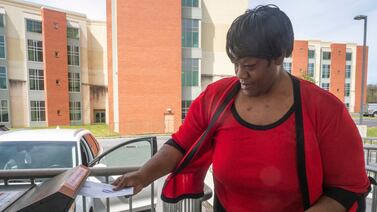I am 33 years old and I have never voted — in Texas, the United States, or anywhere else.
And the reason isn’t because I don’t want to, or because I don’t trust elections. It’s simply because I can’t vote.
I was born in Mexico. I was 11 years old and did not speak a word of English when my mother and I immigrated to Corpus Christi, Texas.
I have a green card. I have been working, paying taxes, and contributing as a member of my community since I was a teenager.
Still, so many people — myself included — no matter how long they’ve lived in the United States, no matter how hard they work to provide for their families, cannot vote. No matter their “good moral character” or whether or not they made it to the U.S. by “doing it the right way,” they are excluded from the process.
The various consequences of systemic racism have kept immigrants and people of color like me from voting. I’m also conscious that racism contributed to efforts that took land from my ancestors in Texas to defend slavery, to America’s flawed immigration laws and policies, and to suppressive voting laws that continue to keep so many, especially people of color, excluded and far away from the polls.
However, I am privileged. My immigration status puts me on a path to citizenship and hopefully, soon, I’ll get a chance to vote. But I am still so unfamiliar with the voting process that, to be completely honest, it intimidates me. And I know I am not alone.
The process of voting can be hard even for those who have the right but who may not speak the language that appears on ballots; for people living in poverty who may lack access to the internet or who may not have access to transportation or lack a form of identification; for people with disabilities and other historically disenfranchised groups. It shouldn’t be.
That’s why I am here. As a reporter with Votebeat, I want my reporting to help underrepresented communities in Texas understand the nuts and bolts of how elections work. When we are able to understand the nuance around elections and the voting process, our communities are empowered to take action on policies and issues that impact them. I will be asking election officials and administrators a lot of questions because there are so many things I personally still don’t know about voting and elections.
I want to know how polling locations are chosen and who makes those decisions. How do you vote if you don’t have an ID? How do vote-counting machines work and how accurate are they?
And I’ll be asking those questions on your behalf, too. I joined Votebeat because I want to amplify your voice and the voices of disenfranchised communities.
So, I want to hear from you. You can reach me via email, Facebook, Twitter, or you can call or text me at 469-551-3107. I also want to know the type of Texas election coverage you’ve found useful, what you think is missing, and what you think our newsroom can do to make election and voting information more accessible to you.
Everyone should have the information they need — relevant to their local community and in their language — to cast a ballot.
In my career as a community journalist, I’ve had the opportunity to tell the stories of immigrants, refugees, and asylum seekers, including some who fled war and oppressive governments. I told the story of Arwa Ghalawan and her husband, Wasim Almakki, who are from Syria. While visiting family in Indiana, the escalating civil war prevented them from returning home. The couple was approved for asylum in the U.S., became naturalized citizens, and voted for the first time in 2020. Arwa told me how meaningful that moment was because she knew that in Syria today, people are still fighting for basic freedoms.
For some asylum seekers and refugees like Arwa and her husband, getting the chance to vote for the first time in the U.S. –without fear of persecution and retaliation – is almost like a revolutionary act.
With my reporting at Votebeat, I want to help those New Americans – whether they’ve been here a few years or the majority of their lives — feel confident as they get ready to cast their first ballot, just as I hope to be when I do it.
This is a pivotal moment to cover voting access in Texas — a place I love and call home. Distrust and misinformation in elections in the aftermath of 2020 has already led to a law that disenfranchised voters and to partisan threats to elections. That’s why I am proud to be part of a newsroom that is making history as the first in the country to focus solely on this issue. I firmly believe Votebeat’s local coverage of elections and voting access will make an impact, help strengthen our communities, and our democracy.








